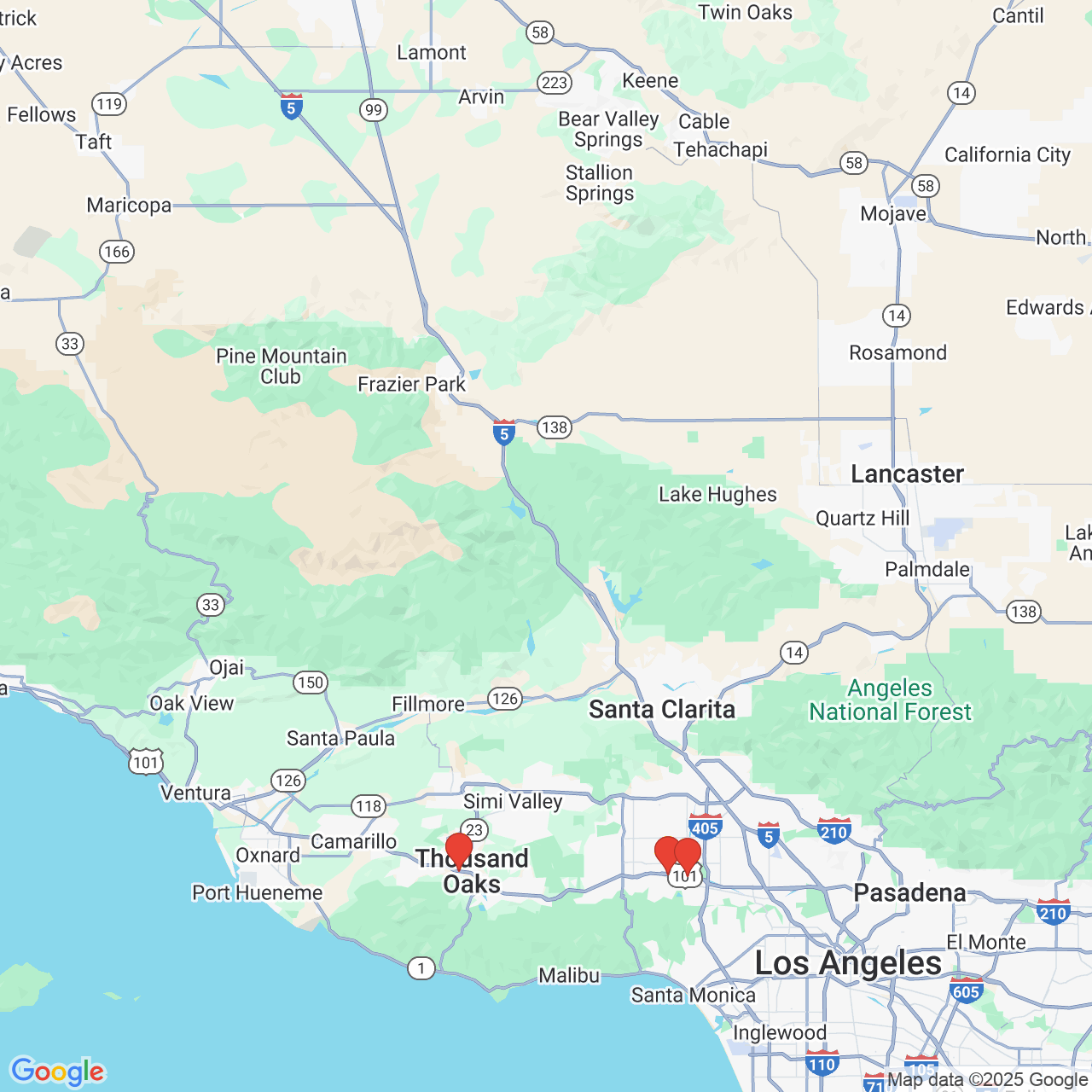The Risks and Benefits of Clomid
 Clomid is among the most commonly prescribed ovulation inducing drugs currently available. At the Center for Fertility and Gynecology in Los Angeles, clomid may be prescribed by itself or in conjunction with other fertility medications. An advantage of clomid is that it may be used to induce ovulation during a natural cycle as well as during assisted reproductive technology procedures such as intrauterine insemination (IUI).
Clomid is among the most commonly prescribed ovulation inducing drugs currently available. At the Center for Fertility and Gynecology in Los Angeles, clomid may be prescribed by itself or in conjunction with other fertility medications. An advantage of clomid is that it may be used to induce ovulation during a natural cycle as well as during assisted reproductive technology procedures such as intrauterine insemination (IUI).
How Does Clomid Work?
Clomid (clomiphene citrate) works by stimulating the release of the hormones necessary to cause ovulation to occur. It is typically used for four to five consecutive days early in a woman’s menstrual cycle. It can take two or more cycles to find the correct dose to stimulate ovulation. After the correct dose has been determined, a patient may continue to take clomid until she becomes pregnant or for a total of six cycles. If a woman does not become pregnant after taking clomid for six cycles, the chances of further clomid treatment being successful is quite small. Nevertheless, an individual patient’s unique needs will always determine the best course of treatment. Some patients may require fewer or more cycles with clomid than others.
Clomid Risks
Multiple pregnancy is probably the most talked-about risk associated with taking clomid. While there is an increased risk of multiple births associated with clomid, higher-order multiples are rare. Approximately 8 percent of conceptions that occur with clomid are multiples (with the vast majority being twins). Another risk of clomid is the formation of ovarian cysts. Approximately 10 percent of women who undergo clomid treatment will develop an ovarian cyst. A pelvic examination may be performed at the end of the clomid treatment cycle to determine if an ovarian cyst has developed. If an ovarian cyst is detected, clomid treatment may be discontinued for the following cycle. Typically, an ovarian cyst will resolve on its own.
Clomid Benefits
At our fertility center, the Center for Fertility and Gynecology, clomid may be prescribed stimulate ovulation in women who do not ovulate on a monthly basis, or who ovulate too late or too early in their cycles. Clomid may be used to address many ovulation problems. Women struggling with infertility due to infrequent, irregular, or missing ovulation may be able to conceive through clomid treatment. Clomid may also be used to stimulate ovulation in women with unexplained infertility and those affected with polycystic ovary syndrome (PCOS). It may also be prescribed to increase egg production in assisted reproductive technology (ART) such as IUI (intrauterine insemination) or IVF (in vitro fertilization).
One of the greatest benefits of clomid is its effectiveness. Approximately 80 percent of women who undergo clomid treatment will ovulate. A lesser known benefit of clomid is that it may be used to increase fertility in men. Clomid has been shown to effectively increase testosterone production and sperm production in men.
Learn More about the Risks and Benefits of Clomid
While there are risks to taking any medication, the vast majority of patients find that the benefits of clomid far outweigh the risks. If you have been trying unsuccessfully to become pregnant, there is help available. To learn more about the risks and benefits of clomid, or to schedule a confidential consultation, please contact the Center for Fertility and Gynecology today. We will be happy to answer any questions you may have.

